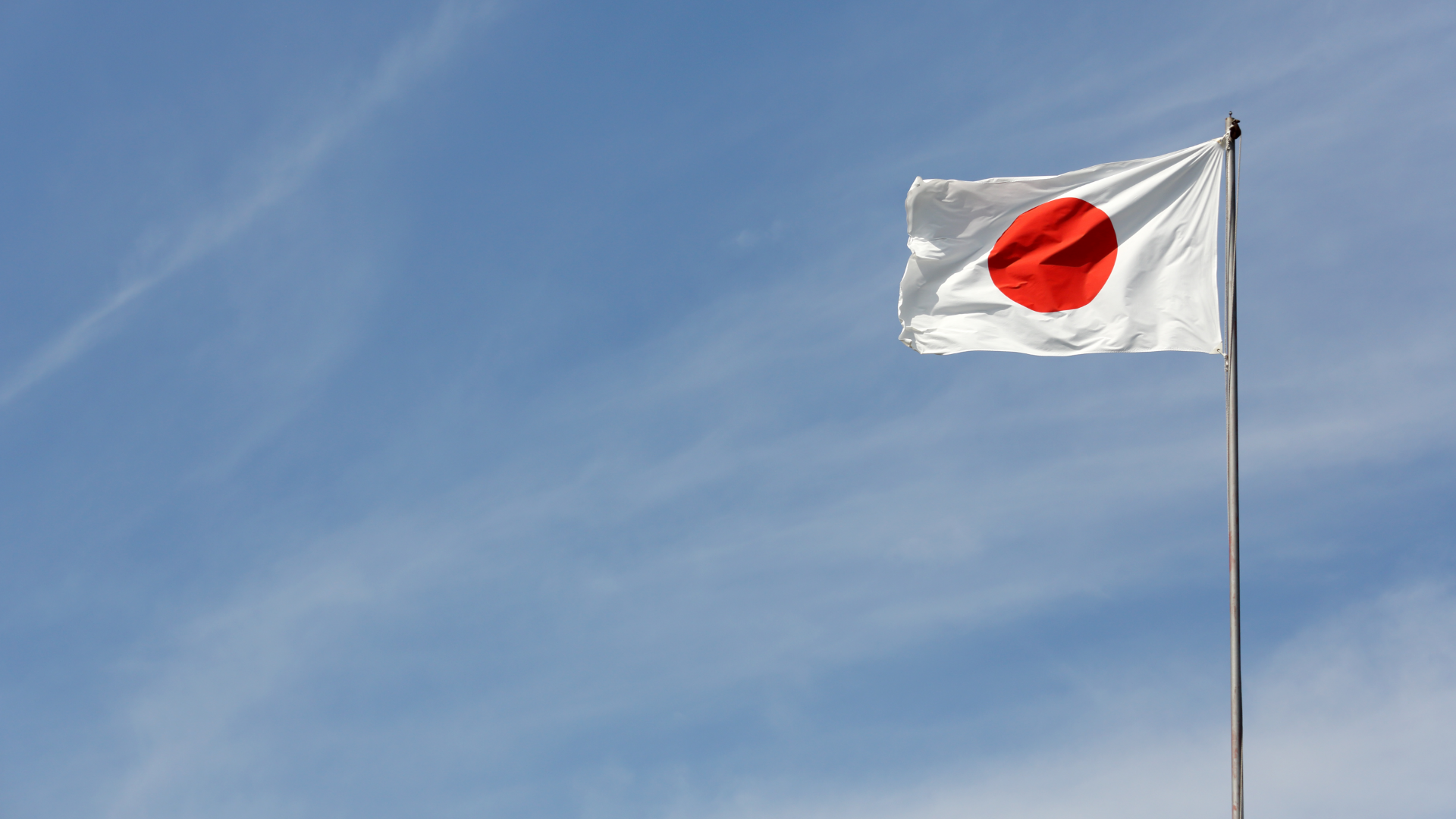
MANILA, Philippines—Japan has committed to keep official development assistance (ODA) flowing to the Philippines and to remain as the top source of concessional financing for priority programs, especially infrastructure.
In a statement on Friday (Nov. 19), the Japan International Cooperation Agency (Jica) said it injected 145 billion yen—or almost P64 billion—into projects implemented in the Philippines in 2020.
On top of two loans each amounting to 50-billion yen extended by Japan to the Philippines for COVID-19 response, Tokyo also gave Manila 2.7 billion yen through two grants to provide medical equipment and support the Department of Health’s (DOH) crisis response emergency program in 2020.
Cumulative active Japanese ODA reached $11-billion worth as of end-2020, accounting for the biggest share—36.4 percent—of the country’s total portfolio, Jica Philippines chief representative Eigo Azukizawa said.
“This is testament to the trusted bilateral relations between Jica and the Philippines and our collective goal to overcome not just the pandemic challenges, but also to support the rule of law, and economic prosperity through infrastructure, connectivity, and regional peace and stability,” Azukizawa said.
“We will continue to work with the Philippines in mutually beneficial ways to ensure a better future for all,” he added.
Jica noted that it was currently financing big-ticket rail projects, like the Metro Manila subway, North-South commuter railway (Malolos-Tutuban and Malolos-Clark-Blumentritt lines) and capacity enhancement and rehabilitation of mass transit systems in Metro Manila. It also provided technical assistance to the Philippine Railway Institute (PRI).
Besides infrastructure, Jica said it was also implementing health and social development projects that would benefit these sectors:
- Filipino young professionals in government
- Children in residential care facilities
- Local communities
Jica said it was also helping in rehabilitation and treatment of drug users and on “other public health issues such as rabies prevention.”
Jica said its financing supports the achievement of goals in the Philippine Development Plan (PDP) 2017-2022—the Duterte administration’s socioeconomic blueprint aimed at slashing poverty and sustaining economic growth.
Jica said it was also helping the Philippines meet the United Nations’ (UN) sustainable development goals (SDGs).
“Since the 1960s, Jica has been supporting the Philippines’ inclusive and sustainable growth through the building and rehabilitation of some 2,200 kilometers of roads as well as flood control projects and hospitals,” Jica said.
It added that at least 25,300 farmers benefited from Jica assistance in Mindanao. Other projects that Jica listed included small infrastructure in conflict areas, which has been ongoing since 2013.
“Likewise, Jica also supports the Philippines’ human resource development through capacity building of over 42,000 Filipinos over the years,” it said.
TSB

